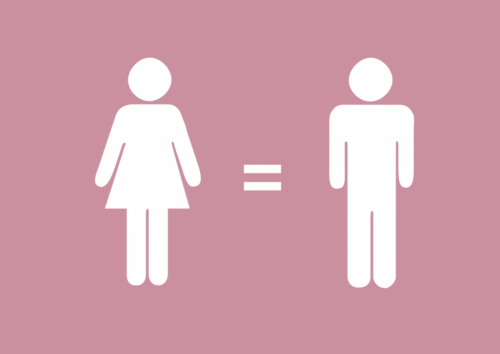GENDER EQUALITY AND THE INDIAN CONSTITUTION: PROGRESS AND GAPS
Gender Equality and the Indian Constitution: Progress and Gaps
Gender equality is a fundamental principle enshrined in the Indian Constitution, reflecting the country’s commitment to ensuring equal rights, opportunities, and treatment for all its citizens regardless of their gender. While significant progress has been made in promoting gender equality since the Constitution’s inception, there remain notable gaps that continue to challenge its full realization.
Constitutional Foundation of Gender Equality
The Indian Constitution, adopted in 1950, laid the groundwork for gender equality by recognizing the principle of non-discrimination (Article 15) and guaranteeing fundamental rights to all citizens, regardless of gender. Article 14, which ensures the right to equality, has been pivotal in shaping legal battles against gender-based discrimination. Additionally, the Constitution provides for special provisions to advance the interests of women, such as Article 15(3) allowing for affirmative action.
Progress in Women’s Empowerment
Over the years, India has witnessed significant advancements in women’s empowerment. Women have excelled in various fields, breaking barriers and proving their mettle. From politics to sports, literature to business, women have shattered glass ceilings, demonstrating their capability and determination. The political sphere, in particular, has seen an increase in women’s representation, with the implementation of reservations for women in local bodies and panchayats.
Legal Reforms and Legislative Measures
To bridge the gender gap, India has implemented various legal reforms and legislative measures. The Dowry Prohibition Act, the Protection of Women from Domestic Violence Act, and the Sexual Harassment of Women at Workplace (Prevention, Prohibition, and Redressal) Act are notable legislations aimed at safeguarding women’s rights and dignity. The Maternity Benefit (Amendment) Act has extended maternity leave and benefits, recognizing the importance of a work-life balance for women.
Challenges and Persistent Gaps
Despite the progress, gender inequality remains deeply ingrained in Indian society. One of the significant challenges is the prevalence of gender-based violence. Incidents of domestic violence, sexual assault, and human trafficking persist, highlighting the need for a more robust legal framework and stringent enforcement. Additionally, traditional norms and patriarchal attitudes continue to limit women’s participation in certain sectors and decision-making processes.
Economic Empowerment and Workforce Participation
While more women are entering the workforce, their participation remains lower compared to men. Disparities in wages and occupational segregation persist. Women are often confined to certain sectors and are underrepresented in leadership roles. Initiatives like the Beti Bachao, Beti Padhao (Save the Daughter, Educate the Daughter) campaign aim to promote gender equality from a young age and encourage girls to pursue education and career aspirations.
Access to Education and Healthcare
Although strides have been made in promoting education for girls, disparities in access to quality education persist, particularly in rural areas. Similarly, women’s access to healthcare, including reproductive and maternal health services, remains unequal. Lack of awareness, social norms, and limited healthcare infrastructure pose hurdles to achieving comprehensive gender equality.
Conclusion
The Indian Constitution’s commitment to gender equality is commendable, and progress has undeniably been made in various domains. However, the journey towards full gender equality is far from complete. To bridge the existing gaps, there is a need for continued efforts in legal reforms, policy implementation, and societal change. Raising awareness, challenging stereotypes, and promoting women’s participation in all spheres of life are essential for realizing the vision of a truly equal and inclusive society.


